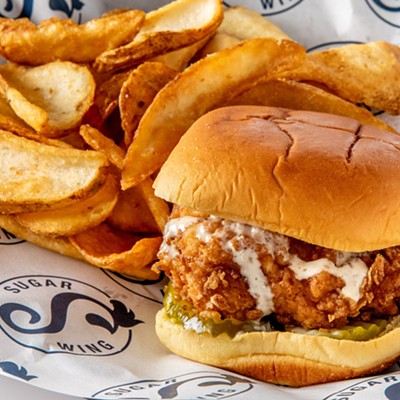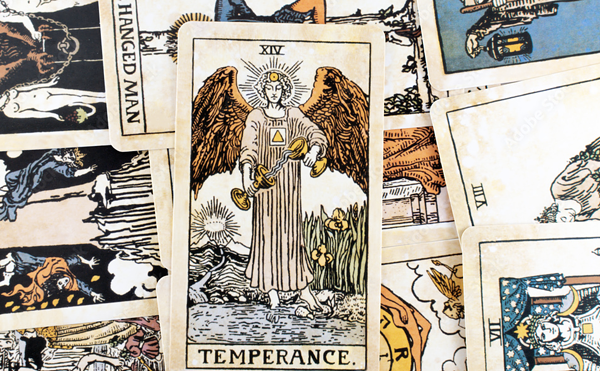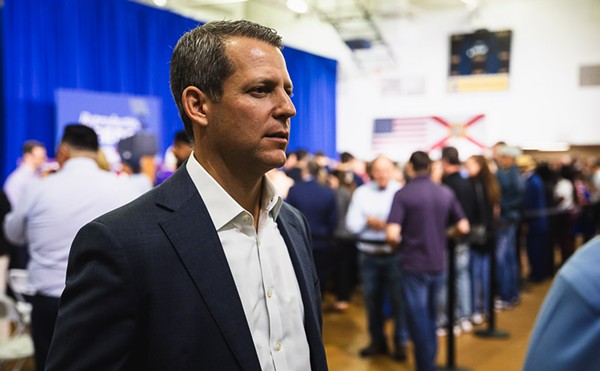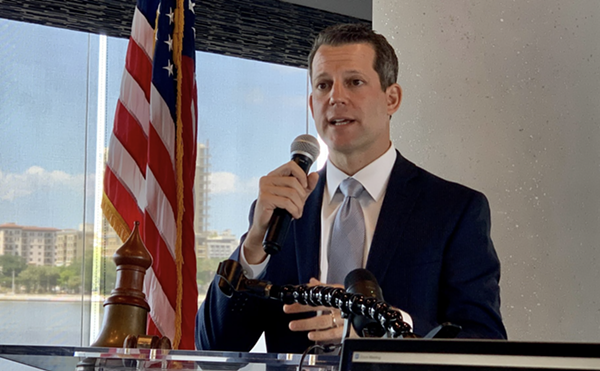Pam Keith was a rock-solid U.S. Senate contender, by no means a fringe candidate.
The Palm Beach County Democrat was partly raised abroad due to her parents' employment in the Foreign Service. A former Marine who worked as a corporate lawyer, she's passionate, quick-witted, detail-oriented and telegenic. She toured the state tirelessly, touting her vision, even when none of the other candidates would show. Voters who'd never heard of her before walked away impressed.
The problem?
Two Congressmen she faced in the primary to determine the Democrat who would run for Sen. Marco Rubio's seat — Alan Grayson and Patrick Murphy — sucked all the oxygen out of the room.
The young, also telegenic Murphy was the Democratic Party leadership's favorite, which, even early on, they didn't try incredibly hard to hide. They didn't return her calls early in her race, Keith said.
Grayson, meanwhile, had extensive name recognition and was well-known for his bombastic antics; he absorbed much of the media's attention.
Murphy, of course, won. But Keith took 15 percent of the vote, much better than polls had suggested.
It's unclear what Keith will do next. She's not interested in serving at the local or state level; that's not where her expertise or interests lie. She's got something more practical to think about at the moment.
“Number one is get employment. Getting a paycheck again is very important,” she said. “Number two is probably to try to be useful and effective in advocating the issues that matter to me and that I've spoken about on the campaign trail. It's one thing to talk about things, but the truth is always in the doing.”
Keith is one of many talented candidates whose aspirations to serve in elected office didn't pan out in the August 30 primary for whatever reason. It's a long list that includes names like Diane Hart, Eric Lynn, Ed Narain (a sitting lawmaker) and Augie Ribeiro.
Such candidates are often asked what their next step will be, namely whether they'll run again sometime in the future. In Florida, a state where Republicans reign, Democrats are fighting to maintain a solid candidate bench to challenge the GOP at the local, state and national levels. That means Democratic politicos are already whispering about who might run where in 2014 or 2018.
But that's often not something one can answer a few weeks out from a defeat at the polls. For serious candidates, especially those who have to work for a living, the decision requires a certain calculus: Is the seat in question appropriate for one's experience? Is there time for a serious campaign? Is there an incumbent? A primary? What about money?
Plus, there's the plain fact that the campaign trail is not for the faint of heart.
“It takes a lot. Individuals put so much time and energy [into a] run,” said Justin Day, a Democratic fundraiser. “Their families put time and energy into it. It's a big commitment. Sometimes you have to leave your job to run.”
Take Brian Willis, a first-time candidate who lost his four-way Democratic primary for a Hillsborough County Commission seat to Pat Kemp despite his fundraising efforts and a clear knack for talking policy on the campaign trail.
“What's next for me is enjoying my time with my wife and getting back to work as an attorney,” he said. “In the longer term, we just have to see what opportunities are there.”
The lawyer and transit advocate said he may run again, but it has to be the right seat at the right time. State and U.S. House seats may be up every two years, but he's more interested in employing his expertise at the county level.
“It's also where you can make a difference,” he said. “I think public service and running for office is a sacrifice. It takes time from your family, it takes time from your job and so for me, it's 'Where can I make a difference?'”
Also in a bitter four-way primary, this one for a State Senate seat, Narain is a talented campaigner who lost by less then 100 voters. Excuse the cliché, the one-term State Representative said, but it's a little early to speculate what he might do down the road.
“I'm just looking forward to spending time with my family,” he said. “A lot of people have reached out on different things, but I'm not really entertaining those right now. I'm looking for different ways to contribute, but maybe in a non-elected capacity.”
In harder-fought primaries like Narain's (he's not planning on endorsing State Rep. Darryl Rouson, who won the primary, he said, because of support Rouson received from Republicans), there's also the matter of making amends.
If the party supports one of your opponents or the media doesn't give you attention, you could be too alienated to consider another run. Keith said while the Democrats she met during her campaign were wonderful, the people at the top were utterly dismissive. At one point, she accused the party of racism and sexism.
“The people on the ground were very receptive to me, and that's how I was able to build any following in the race at all, because of all the people I was speaking to that allowed me to come to their clubs and so on. They were very responsive to me,” Keith said. “But the upper leadership just had no interest in any kind of challenge to their chosen candidate. And not only did that play out with respect to me, but that also played out with respect to Alan Grayson. The party muckety-mucks made it clear that they did not want him to be the nominee.”
Without a change in leadership, another run might not sound too appealing for someone who's gone through such treatment.
But Susan McGrath, chair of the Democratic Executive Committee, said good candidates who lose ought to take their experience as a lesson instead of getting cynical about the process.
“There are lots of talented, strong candidates who aren't successful the first time,” she said.
The Democrats can look to Hillary Clinton as a prime example; her first go at a presidential primary in 2008 was a bruiser. But going through such rigmarole can be a good learning experience.
“The second time you run you're a better, stronger candidate because now you have the experience of running, and you have experience talking about your goals and your vision and reaching out to voters and talking to media and all of that,” McGrath said. “You're just a stronger, better candidate the second time. The first time is a learning curve. You don't have that learning curve the second time.”
Willis said he's optimistic that those who didn't make the cut will think about getting on a ticket in the future.
“I look around at all the people running, especially on the Democratic ticket this cycle,” Willis said. “I'm really excited about where we are as the Democratic Party and the bench of talent.”















